What You Should Know About Interest-Only Mortgage Loans
With an interest-only mortgage, you only pay the interest for the first several years of the loan. But once that initial period ends, costs rise sharply. Are you a good fit for this attractive but risky loan option?
Maybe you’re in medical school. You’re on a tight budget now but can count on a bigger paycheck when you establish your practice. Maybe you’re a house flipper and an interest-only loan could help you keep expenses down while you renovate. Or maybe you plan to live in the house for several years but sell it before the interest-only period ends.
As good as all this sounds, interest-only loans are complex, risky and not recommended for most borrowers.
Pros
FLEXIBILITY
With no principal payment for several years, you can leverage that money toward another investment that might have a stronger performance in a short time period. But it’s a calculated risk.
PREPAYMENT
If you come into some extra cash, you can use it to pay some of the principal down to help ease the larger monthly payments later. Check your loan terms to make sure there are no restrictions or fees in paying principal early.
Cons
HIGH RATES
Interest rates are higher than conventional loans and you’ll pay significantly more in interest over time. The lower cost the first several years only comes from delaying making payments on the principal.
NO EQUITY
As long as you’re only paying interest, you’re not building equity in your home.
RISING RATES
If mortgage rates rise over time, your monthly payments could be much higher than expected, leaving you saddled with more house than you can afford. Rate hikes are usually capped at 2% after the interest-only period expires, but that can amount to a very big number.
HOME VALUE
If your home loses value, you might not even be able to sell it for enough to cover the mortgage.


